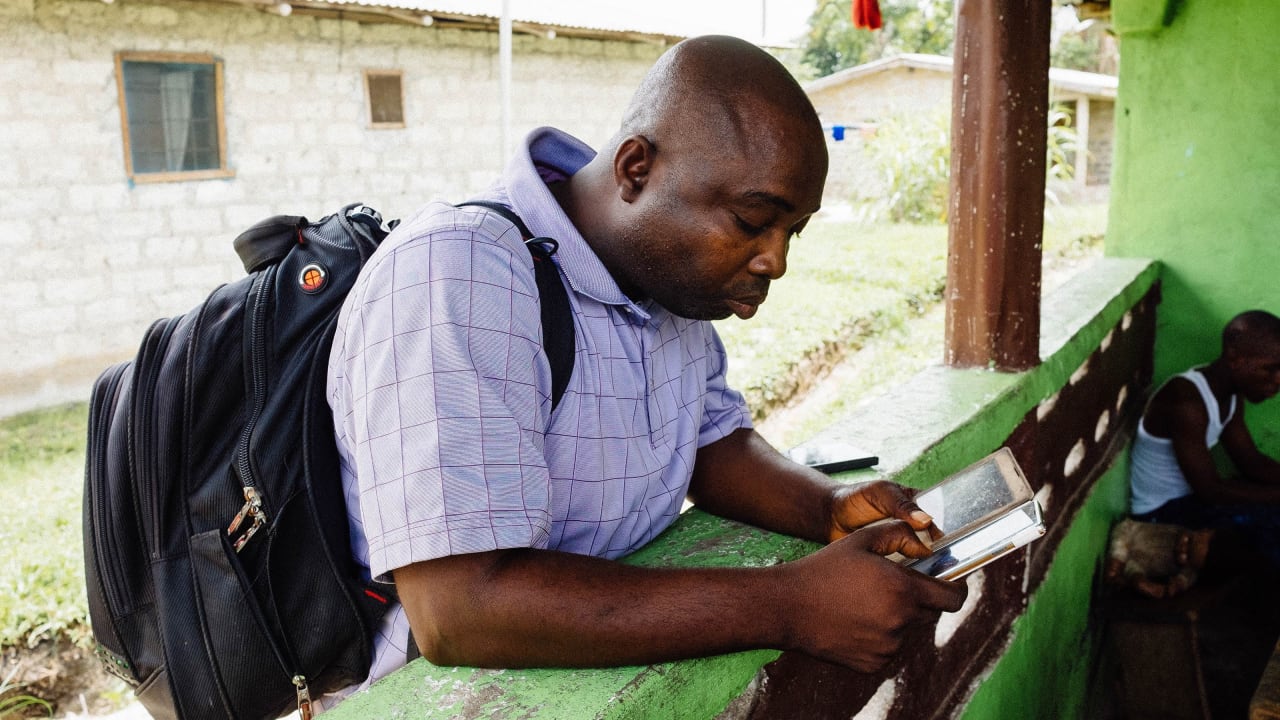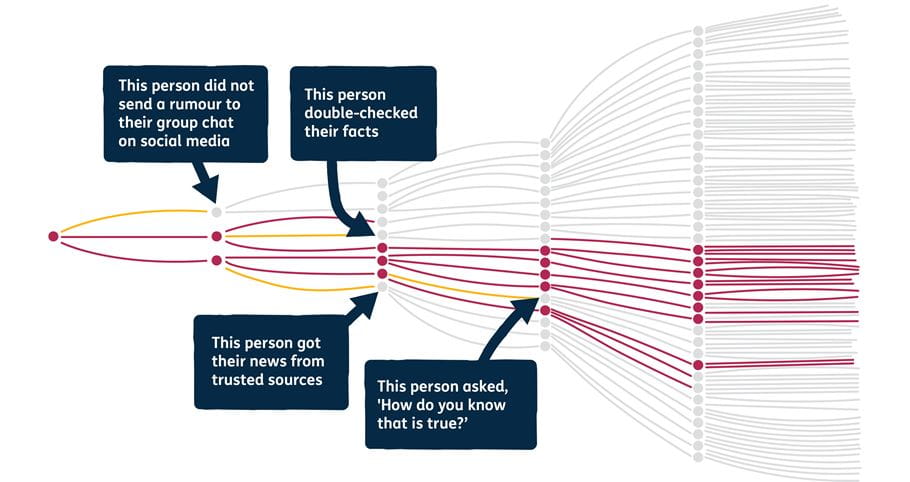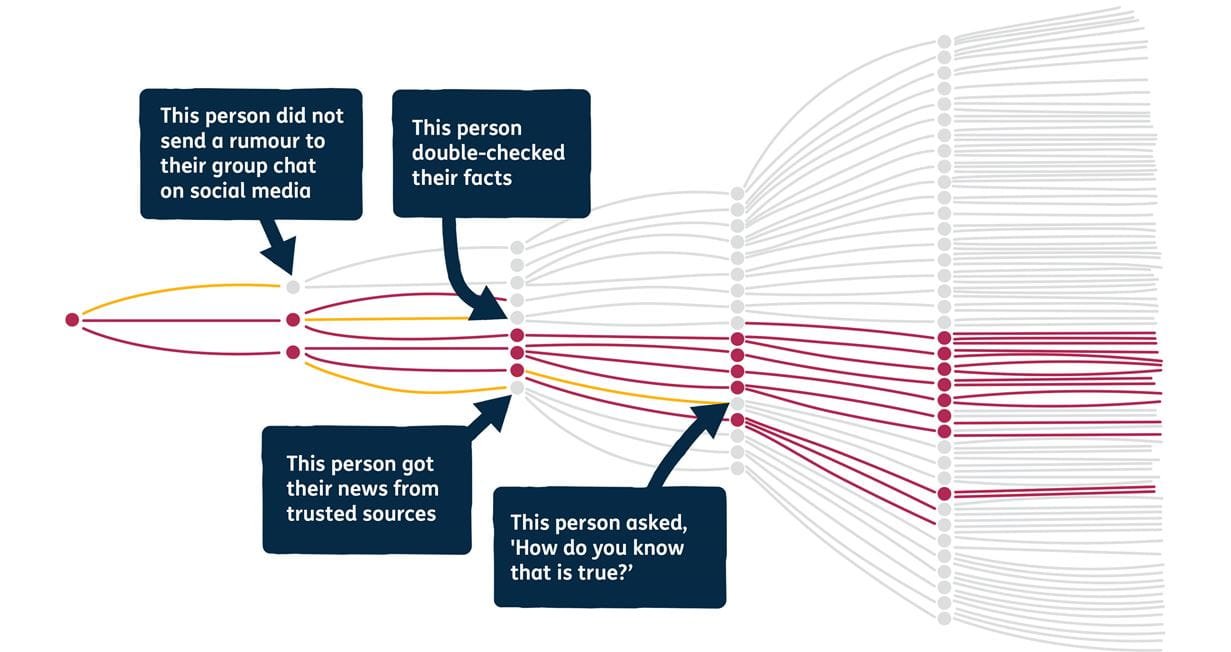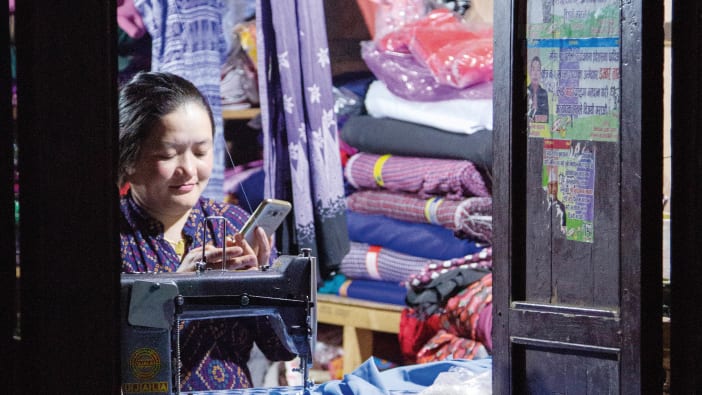The way that we respond to Covid-19, and the decisions we make about vaccination, have the potential to affect both ourselves and our wider community. So it is important that the choices we make are based on reliable information.
However, in some places, conflicting information is creating confusion.
To help decide if the information you read or hear about Covid-19 and the vaccines can be trusted, ask yourself these six questions.
-
What is the source?
If the information came from a website, do not automatically assume that it is trustworthy. Look at the organisation's contact details, values and aims. If the information is copied from a social media page, find out where it came from.
-
Have you read more than the headline?
Headlines are often exaggerated to encourage more people to read an article. Read the whole article and then ask yourself if the headline is accurate.
-
Who is the author?
Find out if the author is real and credible. Credible sources back up their claims with reliable evidence. Check various trusted sources to see if they say the same thing.
-
When was it written?
New research information is being published regularly on Covid-19 and the vaccines. Older news may now be out of date and no longer relevant.
-
Are you biased?
Think about whether your own opinions might be affecting your judgement. Be aware that social media sites and internet search facilities filter what they suggest we look at based on the types of posts we have accessed in the past, so they may not be balanced sources of information.
-
If still in doubt, can you consult other trustworthy sources?
If you know people who have in-depth knowledge about Covid-19 and the vaccines, ask them what they think.












